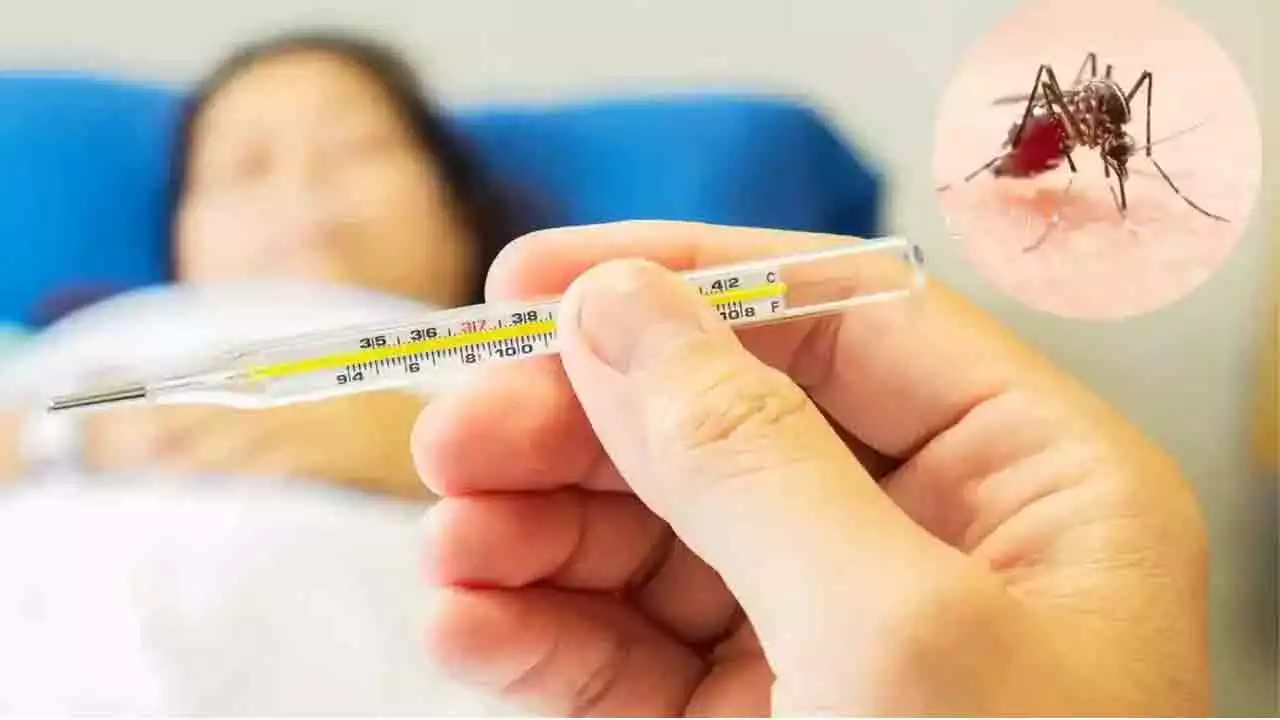In a concerning development, dengue larvae have been discovered in 271 locations across various areas of Lahore over the course of just two days. This alarming revelation has raised fears of a potential surge in dengue cases due to the breeding of mosquitoes carrying the virus.
The presence of dengue larvae underscores the urgent need for proactive measures to mitigate the spread of the disease and prevent a potential outbreak. The anti-dengue program staff has issued a fervent appeal to citizens to cooperate in anti-dengue efforts to ensure the effective implementation of preventive measures.
The discovery of dengue larvae in numerous locations highlights the pervasive nature of the threat posed by the disease. Dengue fever, transmitted by the Aedes aegypti mosquito, remains a significant public health concern, particularly in densely populated urban areas like Lahore. The presence of larvae indicates the presence of breeding sites for mosquitoes, creating conducive conditions for the transmission of the virus.
To combat the spread of dengue, it is imperative for both government authorities and the community to take proactive steps to eliminate breeding grounds for mosquitoes and prevent the proliferation of larvae. This requires a concerted effort to identify and eliminate stagnant water sources, which serve as breeding grounds for mosquitoes. Additionally, community engagement and awareness campaigns play a crucial role in mobilizing individuals to take preventive actions, such as clearing stagnant water, using mosquito repellents, and maintaining proper sanitation practices.
The anti-dengue program staff has emphasized the importance of citizen cooperation in the fight against dengue. Community members are urged to remain vigilant and report any potential breeding sites or suspected cases of dengue fever to the relevant authorities promptly. Timely reporting and intervention are essential to prevent the further spread of the disease and mitigate its impact on public health.
In addition to individual actions, government authorities must also prioritize anti-dengue measures and allocate sufficient resources to support prevention and control efforts. This includes conducting regular larvicidal spraying campaigns in high-risk areas, implementing effective vector control strategies, and enhancing surveillance and monitoring systems to detect and respond to outbreaks promptly.
Furthermore, public awareness campaigns and educational initiatives are vital components of comprehensive dengue control programs. By raising awareness about the importance of preventive measures and early detection, communities can empower individuals to protect themselves and their families from dengue infection.
It is crucial for all stakeholders, including government agencies, healthcare providers, community leaders, and the general public, to work together collaboratively to combat the dengue threat effectively. By fostering a culture of collective responsibility and cooperation, we can strengthen our resilience against dengue and safeguard the health and well-being of our communities.
The discovery of dengue larvae in multiple locations in Lahore underscores the urgent need for concerted action to prevent a potential outbreak. With proactive measures, community engagement, and effective collaboration between stakeholders, we can stem the tide of dengue transmission and protect public health. Now is the time for swift and decisive action to combat this looming threat and ensure a safer and healthier future for all.



